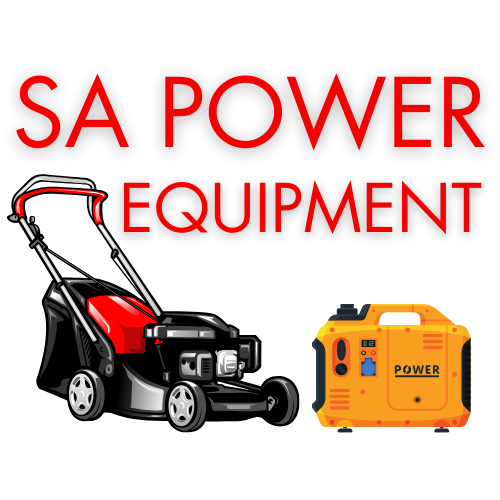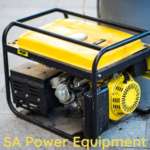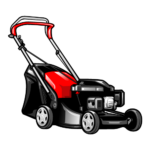Home generators are invaluable during power outages, providing backup electricity to keep your home functioning smoothly. However, like any piece of machinery, they require regular repairs and maintenance to ensure optimal performance and reliability. Here’s a detailed explanation of the repairs and maintenance necessary for home generators:
Common Issues:
- Starting Problems: Often caused by a dead battery, clogged fuel lines, or stale fuel. Regularly inspecting the battery and fuel system can prevent these issues.
- Oil Leaks: Deteriorated seals or gaskets can lead to oil leakage, which can be addressed by replacing the affected parts.
- Overheating: This can result from a blocked intake or exhaust, low coolant levels, or a malfunctioning thermostat. Ensuring these components are clear and functioning properly can help prevent overheating.
- Noise and Vibrations: Loose parts or damaged components may cause unusual sounds or vibrations, indicating the need for inspection and tightening or replacement of parts.
Routine Maintenance Tasks:
- Oil and Filter Change: Regular oil changes are crucial for engine lubrication and performance. Refer to the manufacturer’s guidelines for frequency.
- Battery Inspection: Check the battery connections and charge regularly to avoid starting issues.
- Fuel System Maintenance: Clean and inspect fuel lines and tanks to prevent clogs and stale fuel problems. Use a fuel stabilizer if the generator is not used frequently.
- Coolant Levels: For liquid-cooled generators, check the coolant level and refill as needed to prevent overheating.
- Air Filter Replacement: Replace the air filter annually or as needed to ensure proper air flow and engine efficiency.
Benefits of Regular Upkeep:
- Enhanced Reliability: Regular maintenance ensures the generator will start and run efficiently during power outages.
- Prolonged Lifespan: Routine care extends the life of the generator, reducing the need for early replacement.
- Cost Savings: Preventive maintenance helps avoid costly repairs by catching potential issues early.
Troubleshooting Tips:
- Battery Checks: If the generator fails to start, ensure the battery is charged and connections are secure.
- Inspect Fuel and Oil Levels: Low fuel or oil can prevent the generator from running properly, so check these levels regularly.
- Listen for Unusual Sounds: Any strange noises may indicate loose components or a malfunction that needs addressing.
When to Seek Professional Help:
- Persistent mechanical issues, such as frequent shutdowns or failure to start, may require expert diagnostics and repair.
- If you encounter complex problems beyond routine maintenance, a professional can ensure the generator is serviced safely and correctly.
Maintaining your home generator is essential for ensuring it operates reliably when you need it most. By following regular maintenance practices and addressing minor issues promptly, you can extend the life of your generator and ensure it runs efficiently during power outages.
If you need assistance looking after your home Generator, contact us today!







Leave a Reply